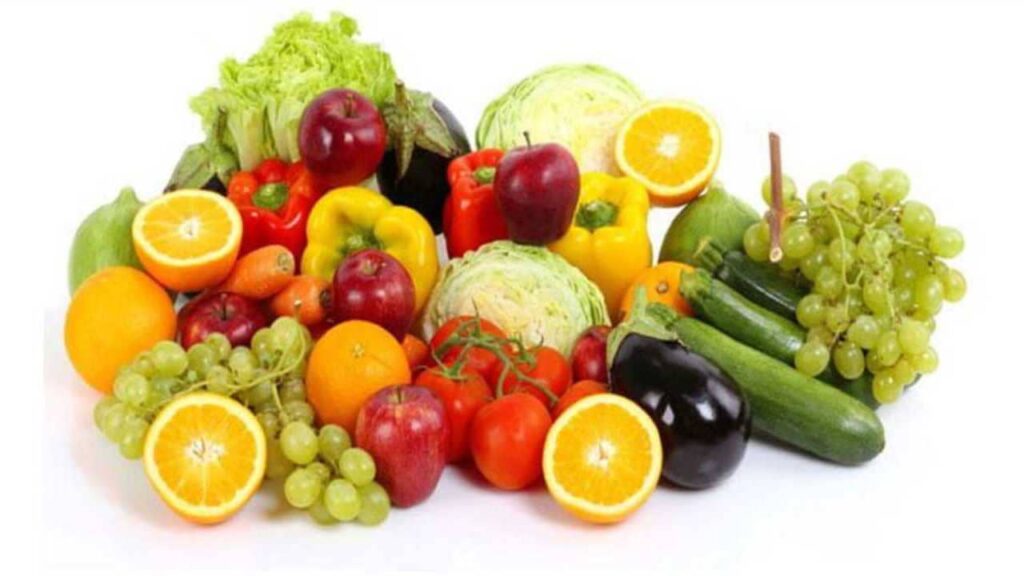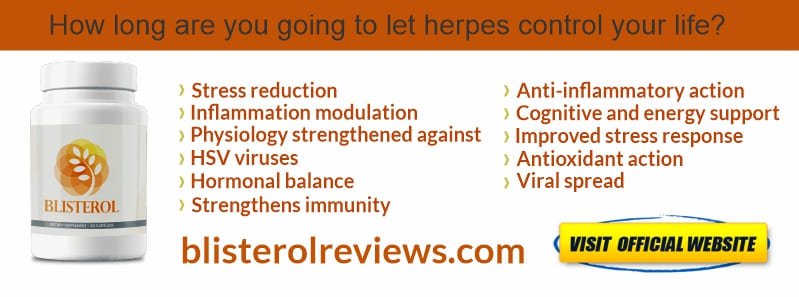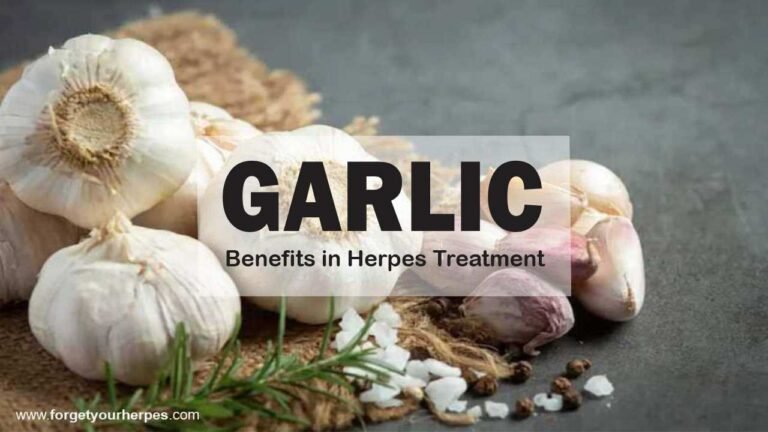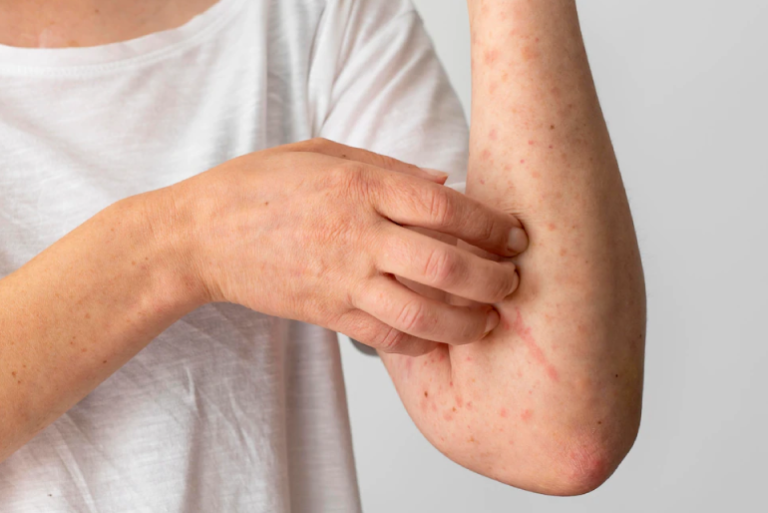Several studies have shown that there is a relationship between diet and the frequency and duration of herpes outbreaks. Some nutrients can interfere with the triggering of the virus, stimulating or not the appearance of new sores.
Among these are two essential amino acids: arginine and lysine.

Arginine
Studies show that arginine is capable of stimulating the herpes virus. Thus, its excessive consumption in the diet should be regulated by people who experience frequent outbreaks of the disease.
Lysine
Unlike arginine, lysine is associated with the reduction of herpes sores. This amino acid has a significant effect on reducing virus replication, as it contributes to the production of enzymes, antibodies, and hormones, which boost immunity and help fight herpes.
Therefore, it is advisable to maintain a diet rich in lysine-rich foods and avoid excessive amounts of foods that contain arginine in their composition.
Sources of arginine are: chocolate, peanuts, nuts, gelatin, cashew nuts, corn, tomato seeds, sunflower seeds, coconut, oats, coffee, brown rice, raisins, whole wheat bread, lentils, oranges, citrus fruits, processed foods, and soft drinks.
The main sources of lysine are: meat, fish, eggs, milk and dairy products, such as cheese, yogurt, chicken, fish, potatoes, brewer’s yeast, cabbage, avocado, papaya, mango, apricot, apple, fig, beetroot, and lamb.
Other types of diet for herpes treatment
Broccoli, cabbage, and Brussels sprouts contain a compound known as indole-3-carbinol (I3C) that may be effective in suppressing herpes.
Green tea is also good for your diet, as it contains antiviral and antioxidant properties. Most organic green or white teas are good. Consume a lot of cabbage, because sprouts contain powerful enzymes and vitamins, even more than the actual vegetables themselves.
Try to consume fruits and vegetables in their natural form instead of cooking them, as cooked vegetables generally have lower vitamin content.
Drinking fresh fruit and vegetable juices is extremely beneficial for your immune system and overall health. There are also good vitamin and enzyme supplements on the market that can help control herpes.
Vitamins C, B5, B6, zinc, and magnesium are great choices for strengthening immunity, as well as being practical, quick, and cheaper.
In addition to this control, a balanced diet, rich in fruits and vegetables, is also important for preventing herpes outbreaks. Foods that are sources of omega-3, especially fish and flaxseed, are also worth noting, as they can improve the immune system.
This group also includes foods that are rich in probiotics (yogurt and fermented milk) that also strengthen the immune system.
I hope this article helps you have a correct diet in the treatment of herpes. If you follow these tips, I’m sure your herpes outbreaks will decrease drastically, or even disappear.
Of course, there are other healthy practices to prevent outbreaks, such as exercising, avoiding alcohol consumption, among others. However, a healthy and balanced diet is the main factor for preventing herpes outbreaks.



